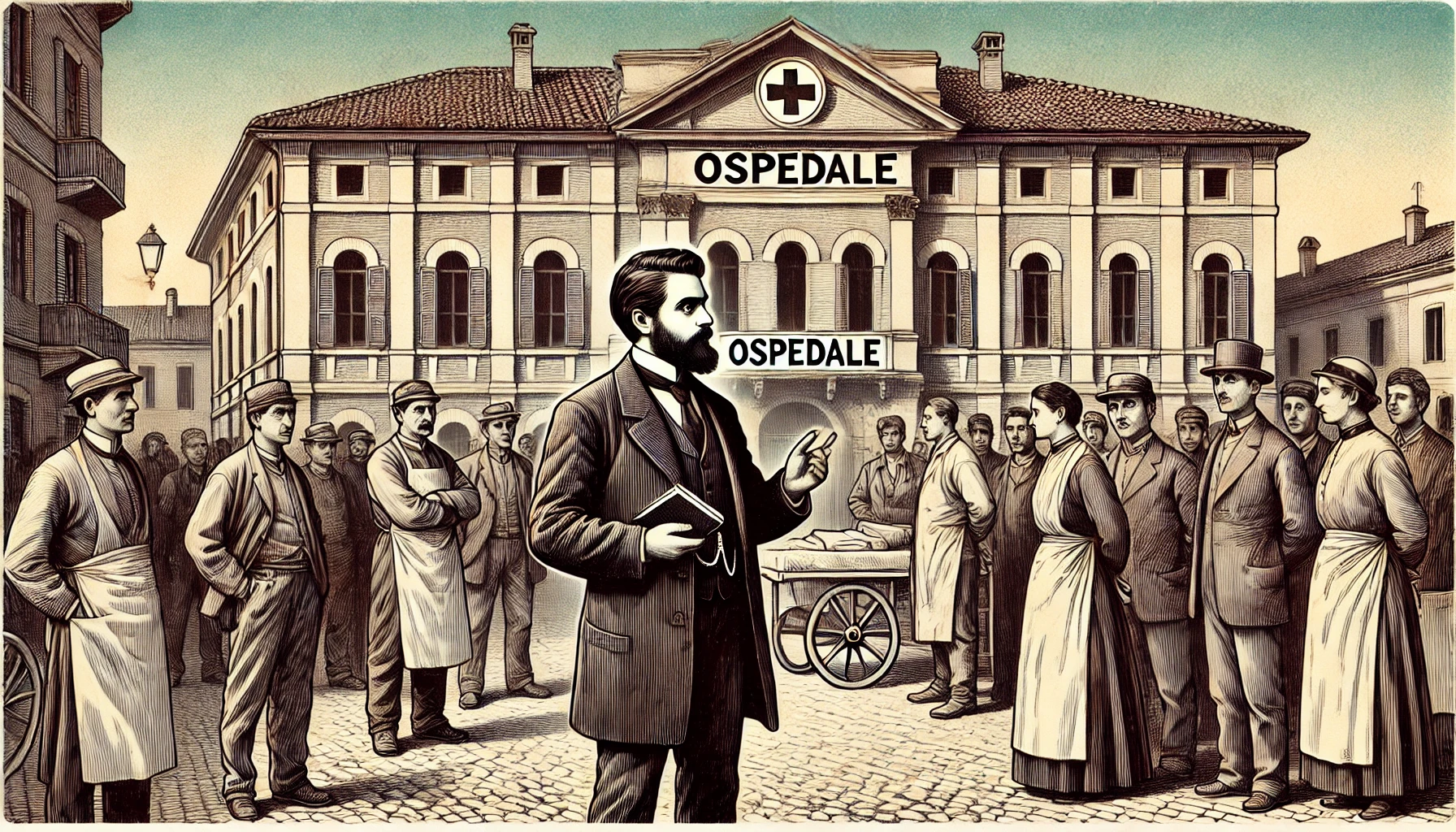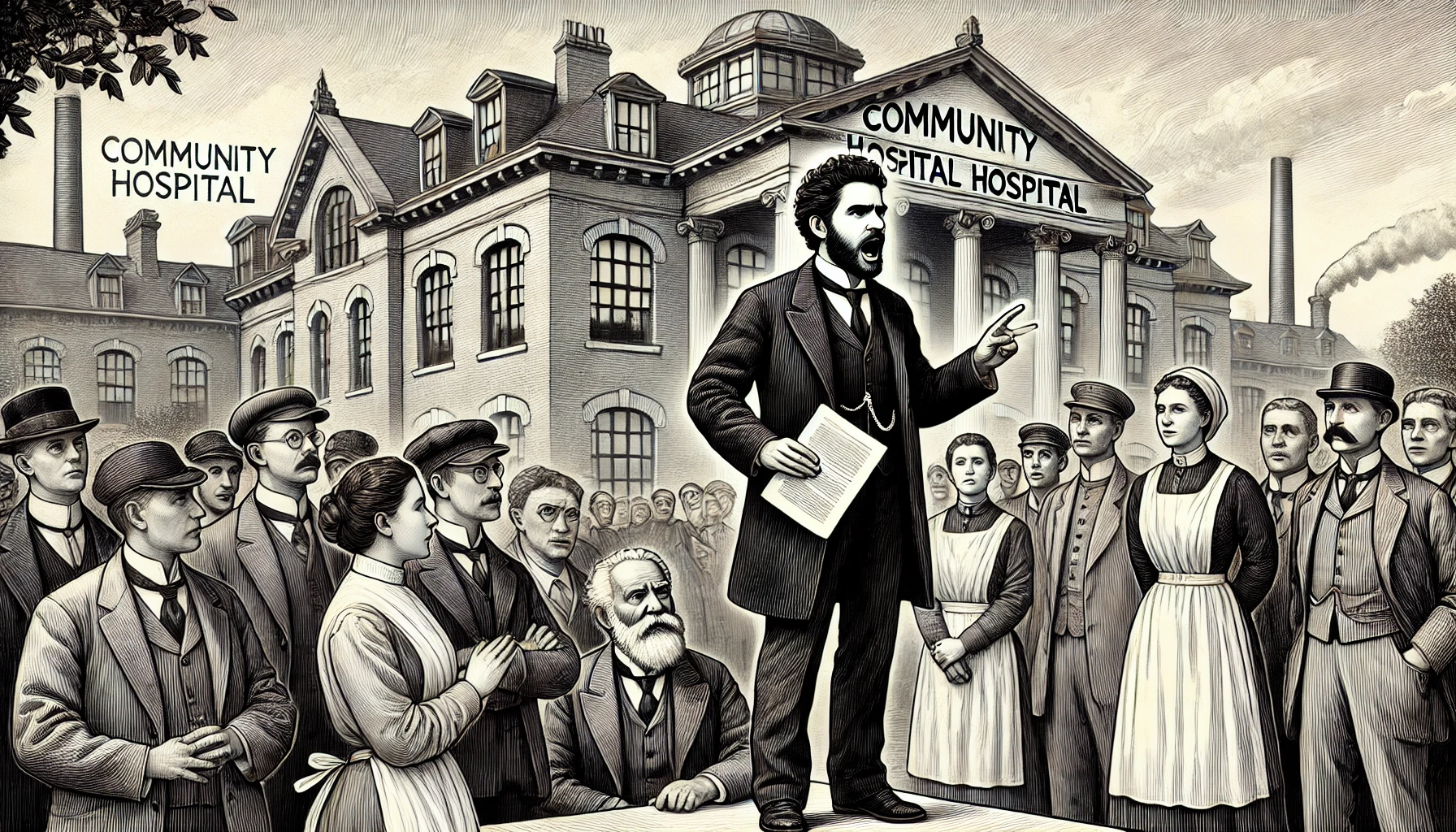Lenin’s Playbook in the Digital Age: How Big Tech Justifies Censorship for ‘Progress’
Big Tech has become a cornerstone of modern life, but its control over information echoes revolutionary principles from a century ago. Lenin’s infamous dictum that “the end justifies the means” finds eerie parallels in how tech giants manage public discourse today. With sweeping authority over speech, platforms like Twitter, Facebook, and YouTube justify their actions as necessary for societal progress.
Lenin believed that sacrifices were necessary to advance the revolution. Similarly, Big Tech argues that its decisions—deplatforming users, flagging content, and banning accounts—are for the greater good: fighting misinformation, hate speech, and extremism. But critics argue that these actions threaten freedom of expression, an essential cornerstone of democracy.
For instance, during the COVID-19 pandemic, platforms took unprecedented steps to limit content they deemed “misleading.” While the goal of public safety is noble, the means—silencing dissenting opinions, including some later proven correct—raises questions about overreach. Lenin himself might have approved of such centralized control, yet modern democracies may not.
Furthermore, tech platforms wield unchecked power with limited accountability. Algorithms prioritize engagement, often amplifying polarizing content to maximize clicks. This paradox undermines their stated mission to reduce harm, leaving society to wonder whether the “greater good” they seek is actually aligned with public interests—or simply their profit margins.
In Lenin’s revolutionary framework, control of information was paramount. Today, the gatekeepers of information are no longer government agencies but corporate boards. This shift complicates the ethical debate. Can a private company truly act in the public’s best interest without oversight? Critics warn that concentrating such power in the hands of a few creates a modern-day oligarchy.
Yet Big Tech defends its role as necessary in combating emerging threats, from election interference to public health crises. To them, the ends—safeguarding democracy and societal stability—justify their controversial means. The debate thus centers on trust: Do we trust these entities to wield such power responsibly?
A deeper issue lies in transparency. Just as Lenin operated in secrecy to outmaneuver opposition, tech companies guard their algorithms and decision-making processes from scrutiny. This lack of transparency fosters mistrust, as users are left to speculate about biases and hidden agendas. Calls for regulation grow louder, yet progress remains slow.
The challenge is balancing the benefits of tech oversight with the risks of censorship. Free speech advocates argue that erring on the side of expression is preferable to silencing voices, even harmful ones. But the stakes are high: unchecked misinformation can lead to real-world harm.
As society grapples with these dilemmas, Lenin’s doctrine offers a cautionary tale. His revolution achieved its goals at immense human cost, raising questions about whether the ends ever truly justify the means. In the digital age, the answer may depend on whether Big Tech’s promises of progress materialize—or whether their power becomes an end in itself.
Ultimately, the public must demand greater accountability and transparency from these platforms. By ensuring that power is exercised responsibly, society can avoid repeating the mistakes of past revolutions. After all, progress achieved through suppression may come at too great a cost.
Originally posted 2024-08-10 15:05:32.



